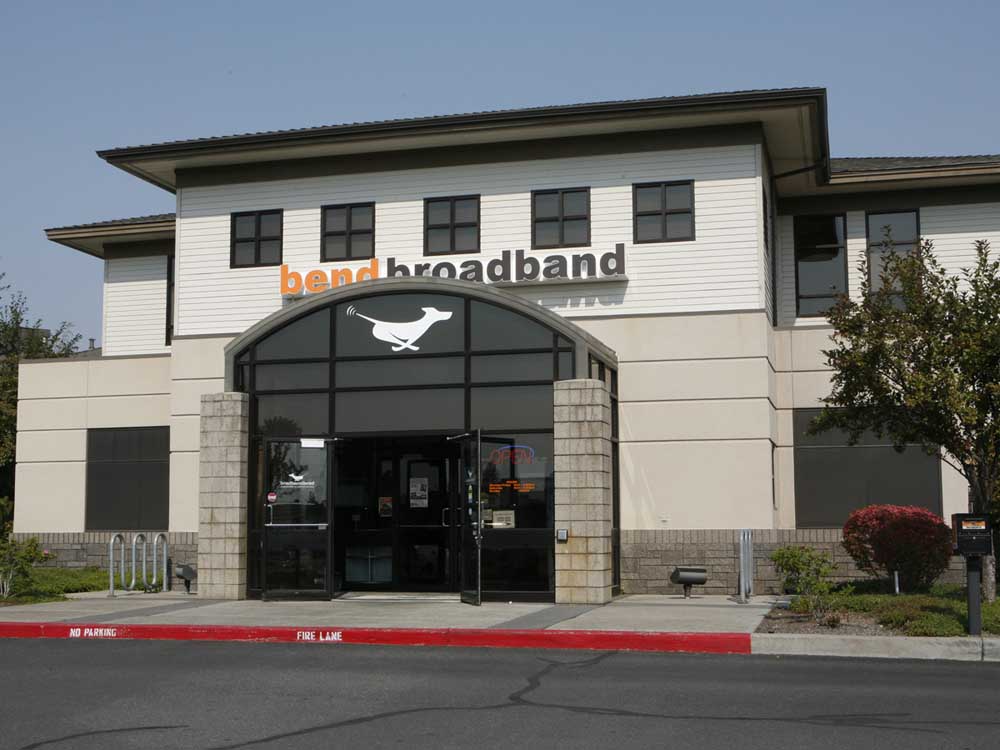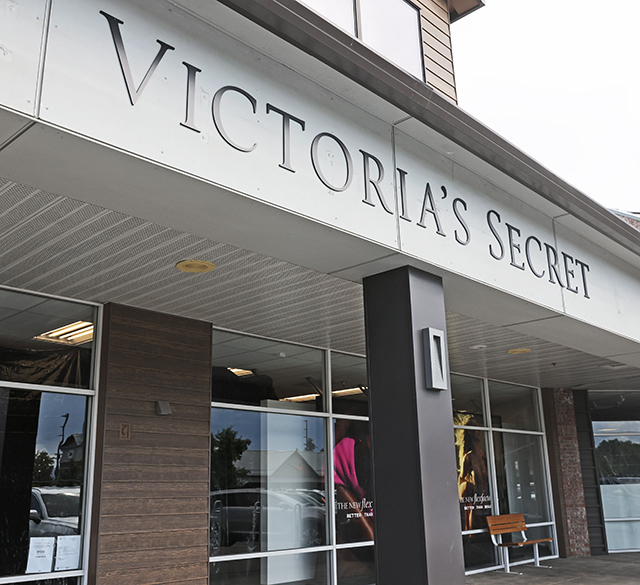BendBroadband owner looks to buy more cable networks
Published 11:56 pm Sunday, August 20, 2017

- BendBroadband's offices in Bend.
BendBroadband parent TDS Telecom’s plan to buy tiny Crestview Cable of Prineville might seem like just another deal by big cable, but in reality, TDS is a small player in the cable industry.
TDS owns one other cable network, the former Baja Broadband, now called TDS Baja. TDS, which is part of Telephone and Data Systems Inc., based in Chicago, ranks 28th among cable broadband providers, according to Broadbandnow.com, an Austin, Texas, website for broadband consumers. TDS’ cable holdings cover a 10-state territory with a population of 615,556, compared with the three largest cable providers, Comcast Corp.’s Xfinity, Time Warner and Charter Communications, which have access to 202 million people. BroadbandNow says it ranks broadband providers by population because subscriber data is unreliable.
Trending
TDS’ presence in cable might be small, but it’s very profitable. And cable is much more profitable than Telephone and Data Systems’ largest holding, U.S. Cellular, which has seen a drop in revenue from competition in the wireless industry.
So TDS is on the hunt for more cable companies, especially in markets like Bend, where the number of new households is growing at a fast pace, incomes are above average and the demand for data is off the charts, said Jane McCahon, senior vice president of corporate relations for Telephone and Data Systems.
“Obviously, we want people to be able to buy our services,” McCahon said.
“We find those markets are pretty successful to us.”
Even Crestview Cable represents a growth opportunity. Crestview’s network passes about 21,000 homes, but that footprint is “grossly under-penetrated” in terms of signing up subscribers, telecommunications stock analyst Ric Prentiss said in a research note after Telephone and Data Systems’ Aug. 4 earnings conference call. TDS has not disclosed the price it will pay for family-owned Crestview but told investors it’s “negligible,” Prentiss said in his note.
TDS announced the Crestview deal, which is pending regulatory approval, Aug. 4 and thinks it could close in October.
Trending
Prentiss, who works for financial services firm Raymond James, based in St. Petersburg, Florida, was not available for further comment on his report to investors.
Telephone and Data Systems’ total operating revenue in the quarter ended June 30 fell 3 percent from a year ago to $1.24 billion. Net income for shareholders dropped from $28 million to $10 million, or 9 cents per share.
One-time expenses can drive wild swings in company earnings, but U.S. Cellular, its largest business with $962.5 million in total operating revenue for the quarter, also faces intense competition from big players in wireless like AT&T and Verizon.
Wall Street analysts, including Prentiss, think Telephone and Data Systems should sell U.S. Cellular, or affiliate with a national player. “We are concerned that it will have difficulty growing margins and therefore its valuation,” Prentiss said in his research note.
Growth and profitability are not a problem on the cable side. Second-quarter operating revenue was $51 million, up 12 percent from a year ago, Telephone and Data Systems reported. That’s growth TDS wouldn’t have seen without acquiring Baja Broadband, which covers nine Southwest states, for $267.5 million in August 2013, or BendBroadband for $261 million in 2014.
TDS Telecom has spent more than $28 million improving the BendBroadband network since 2014 and is in the midst of a second multimillion dollar upgrade to enhance speeds, spokeswoman DeAnne Boegli said.
“The growth in Bend combined with the demand for broadband for streaming media is really quite remarkable,” Boegli said.
Streaming video accounts for 70 percent of the network use in the evenings, and many households connect as many as 12 devices, she said. “Broadband demand will continue growing exponentially, and we are working to get ahead of those demands,” she said.
Local customers might take issue with the level of service BendBroadband is providing, but from where McCahon sits in Chicago, the acquisition is a success, and TDS is ready for more.
“There’s a lot of expertise when you acquire somebody and integrate them,” McCahon said. “Now that we’ve done it a couple times, we feel pretty good about our capabilities there.”
McCahon declined to say which cable companies might be on the TDS shopping list, but she said future acquisition targets will be in suburban or rural areas like Bend.
Founded in 1969, Telephone and Data Systems has its roots as a rural telephone provider. The late founder, Roy Carlson, foresaw the power of wireless communication and formed U.S. Cellular in the 1980s. Carlson’s four children, the TDS voting trust, control the company and U.S. Cellular.
“They’ve never had any willingness to consider a sale or change in control with respect to TDS or U.S. Cellular,” McCahon said.
So TDS is pursuing a more diverse long-term strategy than the major telecom players, said Jameson Zimmer, director of content at BroadbandNow.
Cable companies like Comcast and Charter aren’t trying to get into wireless, he said, and even Verizon, which offers in-home broadband through its fiber-optic network, Fios, still focuses most of its energy on wireless, he said.
In some markets, TDS provides DSL, or digital subscriber line, internet service, which runs over existing copper telephone lines, and competes with a cable broadband provider. TDS is in the process of upgrading DSL to broadband by laying fiber-optic lines, which were created for transferring data and offer both fast download and upload speeds.
Fiber is very popular in those markets where TDS competes with cable, McCahon said. So TDS’ next cable acquisition will be in a market where there’s no competition from a fiber broadband provider like Fios, she said.
Fiber is the best technology for transferring data, but the installation is extremely expensive, Zimmer said. Old coaxial cable networks can be beefed up by running fiber to a neighborhood, so they’re still valuable to cable consolidators like TDS.
“That technology’s going to be around for a long time,” he said. “I can see why a company like TDS would be diversifying.”
—Reporter: kmclaughlin@bendbulletin.com, 541-617-7860
What is TDS?
• Telephone and Data Systems Inc.
• Based in Chicago
• Traded on the New York Stock Exchange as TDS
• Majority owner of U.S. Cellular, a wireless company serving suburban and rural markets
• Subsidiary TDS Telecom owns wired telephone and broadband networks, including BendBroadband
Source: Telephone and Data Systems








